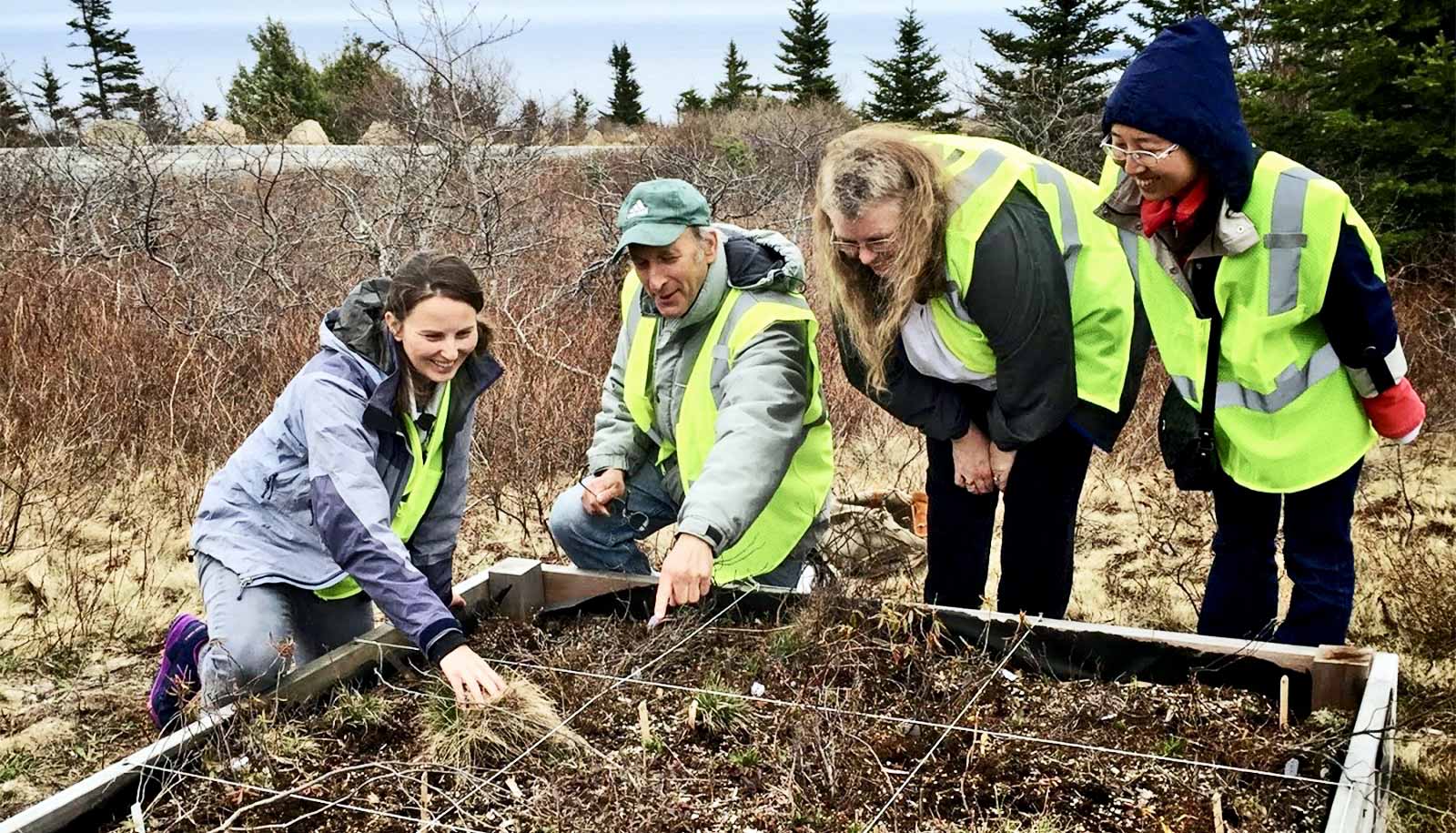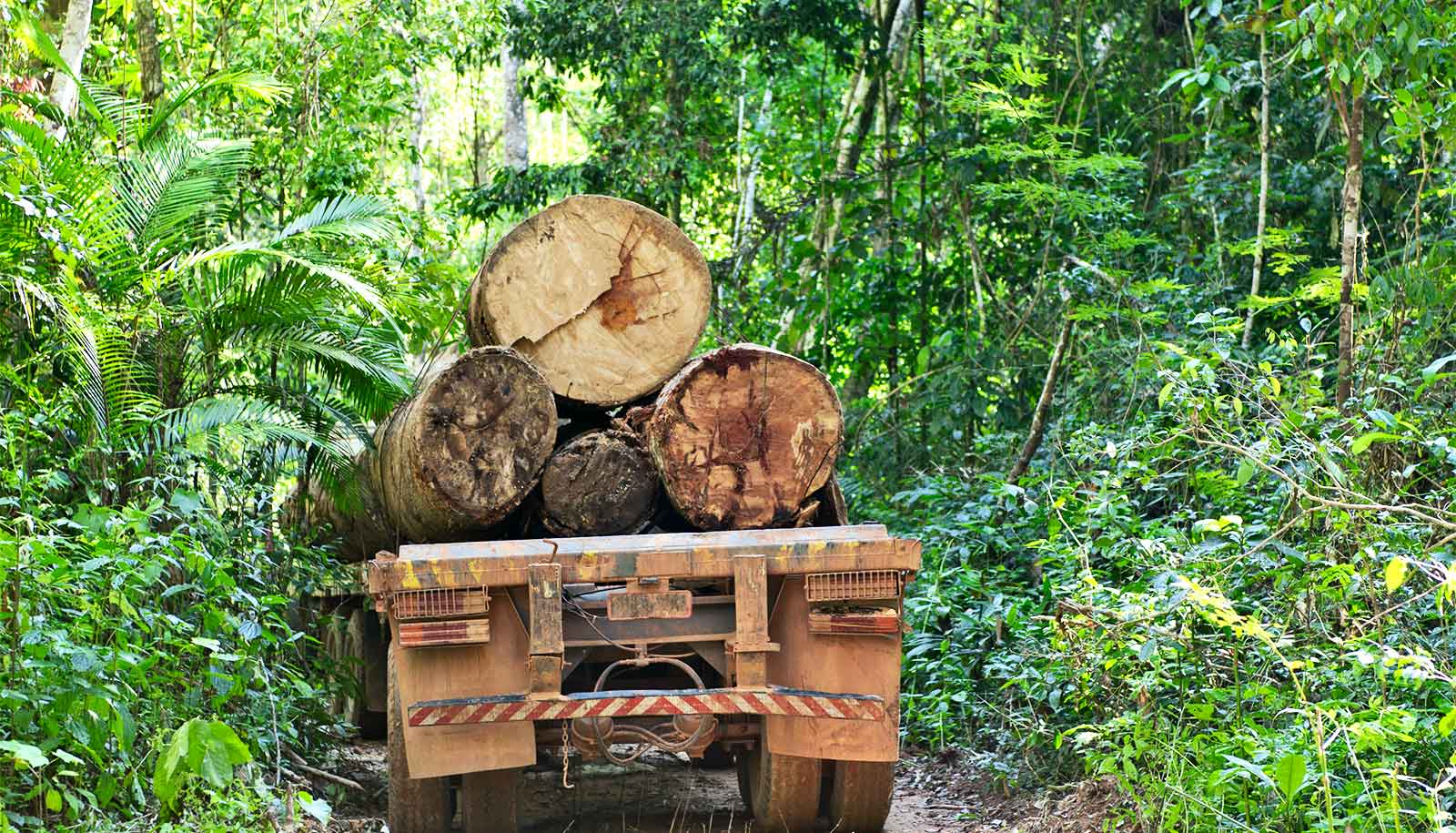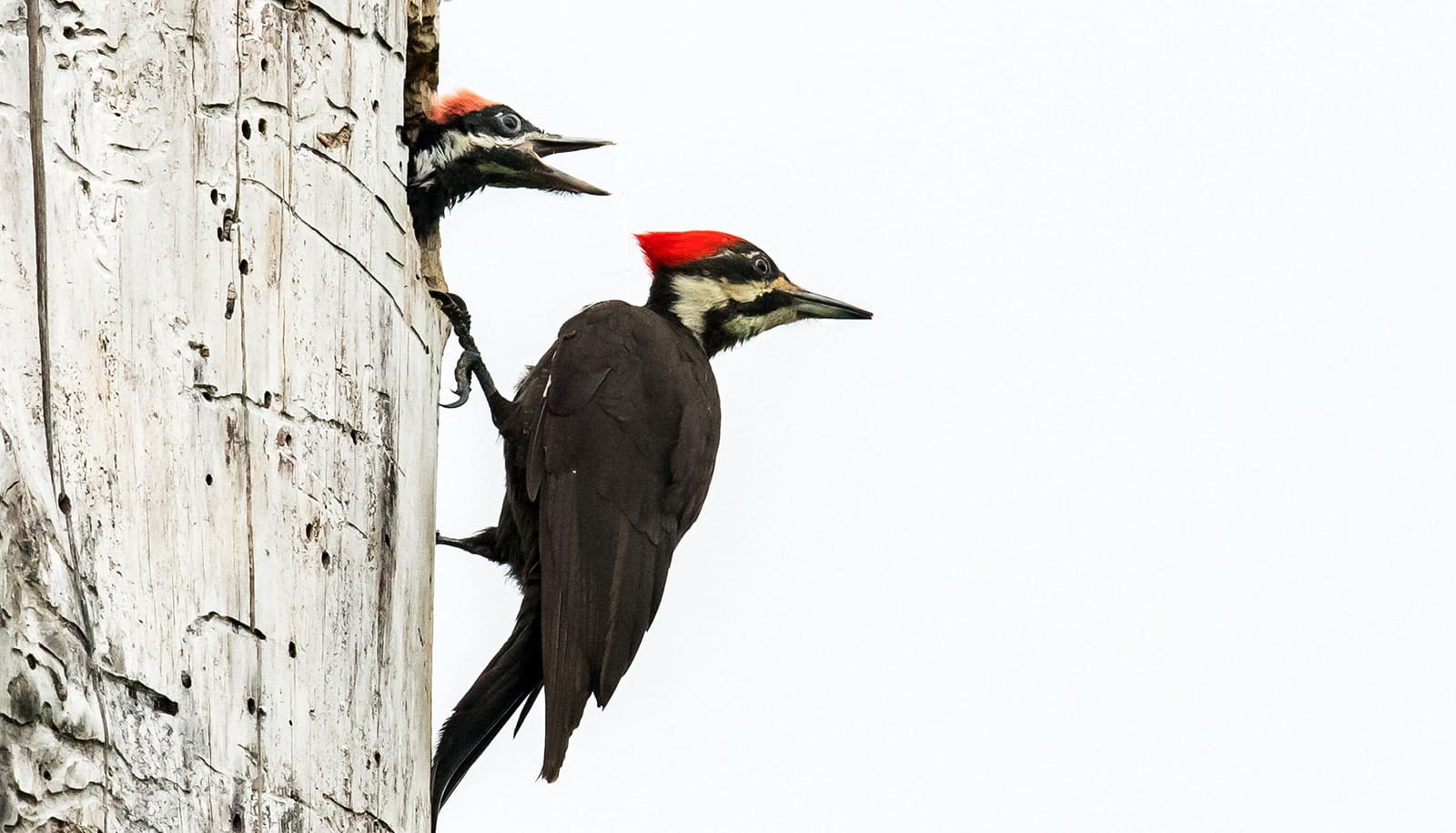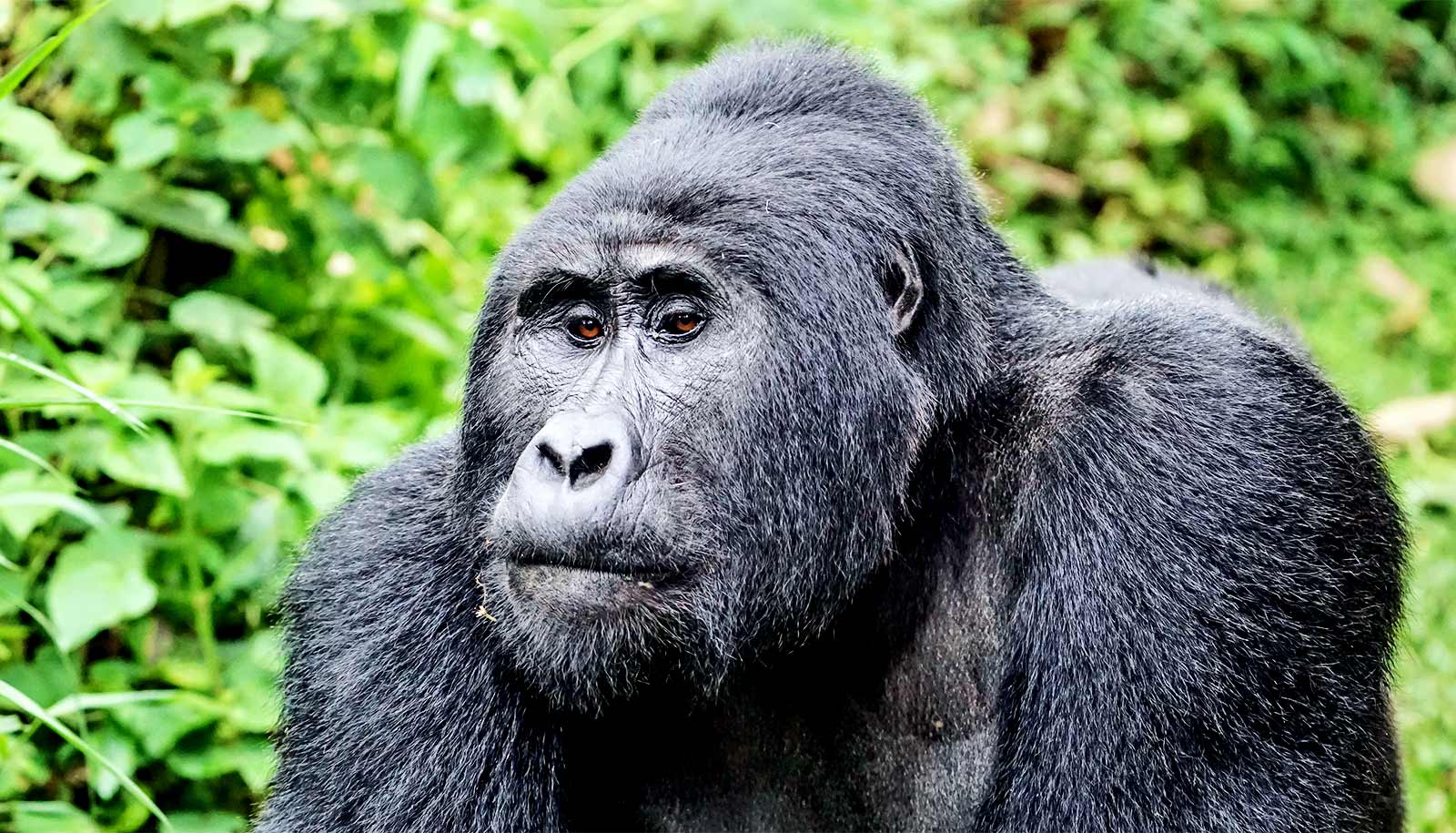The COVID-19 pandemic has serious implications for environmental conservation and research, a biologist argues.
Research often takes Richard Primack, a professor of biology at Boston University, beyond his classroom to places like Malaysia, China, Japan, and Germany for extensive fieldwork and writing.
For the time being, however, Primack’s research and travels have been curtailed because he, like so many of his colleagues and students, recognizes the importance of adhering to the stay-at-home advisories issued to combat the spread of the novel coronavirus.
Field and lab work have largely shut down, and teaching and other communications have moved online. The long-term consequences for training, data collection, and networking are still unfolding.
Here, Primack explains how the pandemic is affecting biodiversity conservation and the lessons we can apply moving forward:
What are the main ways COVID-19 is affecting biodiversity conservation?
COVID-19 is completely altering human movement and activities, and the world economy, in ways that are likely to have large and unexpected effects on biodiversity conservation. For example, the world’s fishing fleets are mostly in port which results in reduced pressure on fish populations, and fewer crowds at popular national parks means less stress on wildlife.
On the other hand, many national parks have reduced staffing which could result in more cases of poaching and illegal logging. These are all things that we don’t know about, and scientists are actively investigating the consequences of the pandemic lockdown. We are carrying out a giant human confinement experiment that has never been done before.
What is the importance of protecting biodiversity right now?
Many endangered species, such as rhinos, manatees, and eagles, require constant protection and management to prevent their going extinct. In many national parks, park rangers prevent poachers from killing wildlife and similarly enforce regulations that protect wildlife.
For example, in New England, park rangers prevent people and vehicles from entering areas where endangered birds are nesting, such as terns on Cape Cod. With enforcement cut back, these endangered animals might be at increased risk. There is also the likelihood of increased illegal logging and pollution in many areas, and a danger that many past efforts to protect species and ecosystems will be reversed.
What are the potential long-term impacts of research being halted?
Missed research means missed opportunities to identify conservation priorities, monitor the health of endangered species and ecosystems, and provide practical solutions for the protection and sustainable use of resources on which human well-being depends.
The ability of scientists to detect the effects of environmental threats, such as climate change, depend on the long-term monitoring of species and ecosystems. When these long-term monitoring efforts are disrupted, as is happening this year, our ability to detect long-term trends is delayed due to a gap in the data.
For example, at Manomet near Plymouth, Massachusetts, scientists have been banding birds and collecting data since 1970; this is the first year that this monitoring has been interrupted. Also, for many undergrads and grad students, this disruption is devastating, as they were planning to use this summer to carry out research projects in the field that had been planned for a long time; and now their plans have been dashed and they are wondering how they can complete their research and degrees.
At national parks, many programs have been implemented in the past to restore vegetation and water quality, and opportunities to see if these efforts have worked will now be delayed.
What can educational institutions and the conservationist community do to support students and early career scientists during this time?
Students are negatively affected by the pandemic as they are missing chances for practical training in labs and field work. Students are also missing the chance to do research and to get summer jobs working on projects at national parks. If the lockdown continues beyond the summer, there will be delays and negative impacts on the training of this cohort of students. Universities and the conservation community need to support these students by being sympathetic to their situation and by giving them the chance to make up their training and lost opportunities.
Do you think COVID-19 will help to raise awareness about environmental issues and climate change? Could this have a positive impact on spurring action and regulation?
Experts have been warning for decades that habitat fragmentation and human contact with wild animals increase the risk of diseases spilling over from wildlife into human populations. One example of this is live animal markets, and COVID-19 will certainly raise awareness of the need to close down these markets in China and Southeast Asia.
Government officials and the public have also become much more aware of the value of scientific models in making predictions, in this case about disease spread. The pandemic has value in showing how rapidly human habits, the economy, air pollution, and greenhouse gas emissions can be changed when there is strong government action, public involvement, and an urgent crisis. People now have to realize that the issue of climate change requires that same level of urgency.
Do you think there will be renewed opportunities for biologists to partner more closely with scientists studying infectious disease?
Many biologists are already involved in studying disease ecology to better understand factors regulating the size of animal populations and patterns of disease outbreak. The opportunities in this field have been growing due to the increasing incidence of tick-borne diseases such as Lyme disease, and I think COVID-19 will only further propel new research in this area and collaborations between biologists and infectious disease researchers.
What can we as a society do to protect biodiversity and conservation efforts during this time?
During this time when individuals are not able to travel, we should visit the conservation areas near where we live, and better appreciate and protect them. We should also become more active at organizing our communities and pressuring the government to address the issue of climate change. While the pandemic is of great importance, it must not distract us from the overwhelming need to protect the environment.
Source: Boston University



